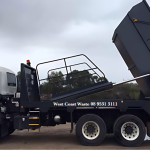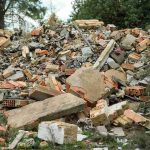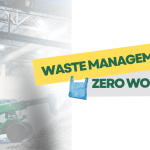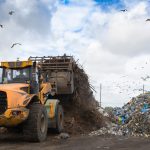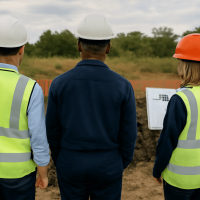Recycling is one of the simplest yet most powerful actions individuals can take to protect the environment. As global waste continues to grow, understanding and applying the basic principles of recycling is more important than ever.
In this article, we’ll explore what recycling is, why it matters, and practical steps you can take to reduce waste and help safeguard the planet.
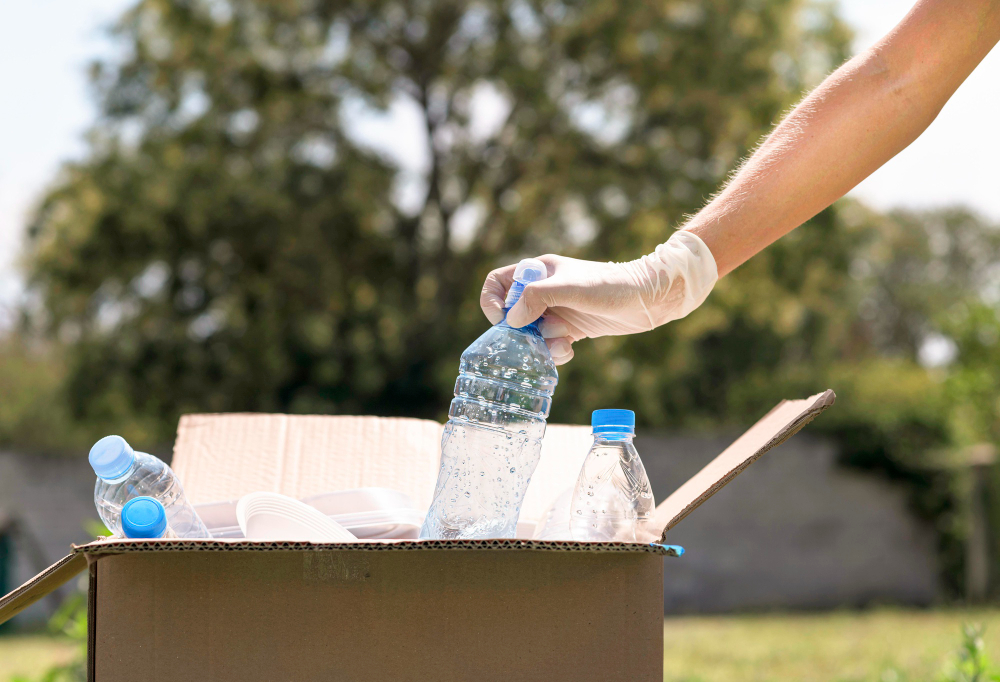
What is Recycling?
Recycling is the process of converting waste materials into new, usable products. This reduces the need for raw materials, lowers energy consumption, and minimizes environmental pollution. Common recyclable materials include paper, plastic, metal, and glass. By managing waste responsibly, we can reduce landfill overflow and conserve natural resources.
We’ll explore the topic of recycling in depth, starting with why it plays a crucial role in protecting our environment, and moving on to practical ways you can incorporate effective Reusing habits into your daily life at home.
Why is Recycling Important?
1. Reduces Landfill Waste
Landfills are filling up quickly with items that could have been recycled. Reusing helps extend landfill life and reduces soil and water pollution.
2. Saves Energy and Natural Resources
Producing goods from recycled materials requires significantly less energy than using virgin materials. For example, Reusing aluminum saves up to 95% of the energy compared to making it from raw ore.
3. Protects Ecosystems and Wildlife
Poorly managed waste can pollute rivers, oceans, and forests—endangering plants and animals. Reusing helps maintain cleaner, healthier ecosystems.
Common Recyclable Materials
Paper and Cardboard
Newspapers, magazines, office paper, and cardboard boxes are all recyclable. Make sure they’re clean and dry before Reusing.
Plastic
Not all plastics are recyclable. Check the recycling code (usually a number inside a triangle) and follow your local guidelines.
Metal
Aluminum cans and tin/steel containers are widely accepted for Reusing. Rinse them out to prevent contamination.
Glass
Glass bottles and jars can be recycled indefinitely without losing quality. Remove lids and rinse before recycling.
How to Start Recycling at Home
Want to recycle but not sure where to begin? Here are some simple steps to help you get started:
1. Separate Waste by Category
Use separate bins for organic waste, non-recyclables, and recyclables. Clear labeling helps everyone in the household participate easily.
2. Check Local Rules
Each city or town has its own Reusing system. Learn what materials are accepted in your area and how they should be prepared.
3. Clean Items Before Reusing
Food residue can spoil a whole batch of recyclables. Rinse plastics, glass, and metals before placing them in the recycling bin.
4. Reduce Single-Use Products
The best way to reduce waste is to avoid it. Use reusable water bottles, shopping bags, and food containers whenever possible.
Long-Term Benefits of Recycling
By making as a daily habit, you not only help the environment today but also create a cleaner, safer world for future generations. Every plastic bottle recycled, every can properly disposed of, is a step toward lasting change. Recycling is not just about managing waste—it’s about being mindful of the planet and taking responsibility for our impact.
When we understand how to recycle and take action consistently, we reduce landfill waste, conserve energy, and protect the earth’s ecosystems. Don’t wait for tomorrow. Start today, right in your own home. A cleaner, healthier planet begins with small, smart choices.
At Peel Resource Recovery, is a leading company in Western Australia with proven expertise in sustainable waste management solutions. Committed to reducing environmental impact, PeelResource offers innovative recycling services that help communities, businesses, and local governments effectively manage waste, conserve resources, and support a cleaner, greener future across the region.


